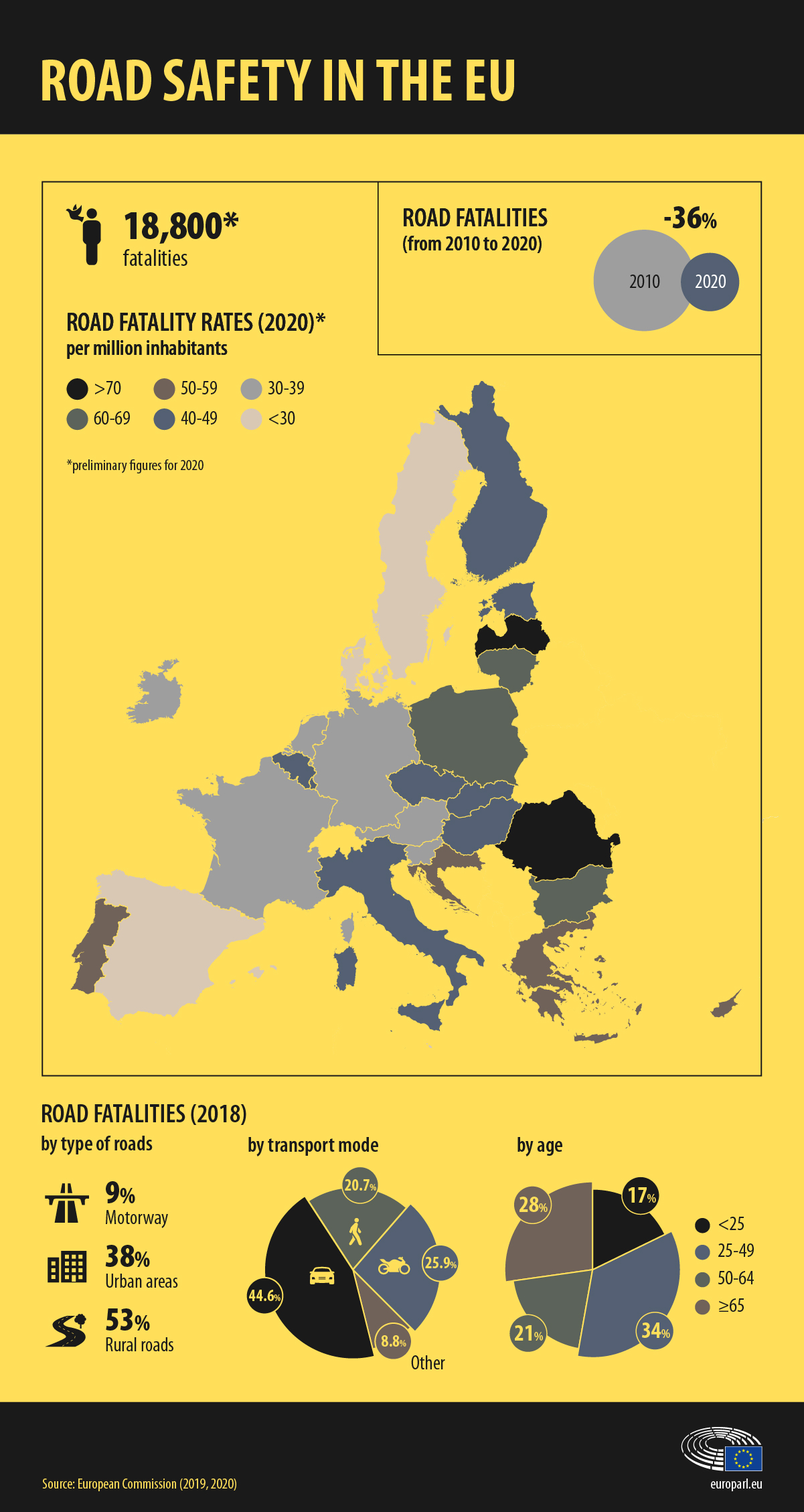Road safety education and mobility training should be attractive to those road users, who are particularly vulnerable. In nurseries and schools therefore great emphasis is placed on teaching of traffic rules and proper behavior in traffic. Training depends not only on learning material appropriate to the age of the children, but also on teaching concepts. MOVING and its members facilitate road safety education and support activities in daycare centers and schools.
Road safety education in Germany today
The term road safety education refers to teaching actions to children and young people primarily, to help and assist them in developing their behaviour on roads. Thus, road safety education goes far beyond the pure teaching of traffic rules, and includes the areas of social education, immigration, inclusion, diet, mobility as well as environmental, safety and health education.

On 10 May 2012, the Ministers of the German federal states have adopted a new “KMK recommendation on mobility and road safety education in schools”. This new policy paper included further more socially relevant issues such as climate change, transport area design, future viability or sustainability. Background and objective is to realize road safety education not only at school but as a task of the whole society where different partners are playing an increasingly important role. In addition to police, associations, road patrols (Verkehrswachten) and other external partners and institutions also publishers have an increasingly important part. They develop educationally valuable and practical materials and media for the target groups to effectively support all actively involved in road safety education. With the help of road safety education young people at an early stage can learn and practice sustainable mobility that helps them to cope with future challenges safely and confidently.
Road safety education in Germany is located at various levels of society, however, it is also characterized by interdisciplinary cooperation and diversity. Due to the federal structure in Germany, the federal states are independently responsible for road safety education in school. Therefore, in Germany each state has developed its own curricula and guidelines for road safety education in schools with (sometimes) different priorities.
Traffic education begins in kindergarten. However, there it is not a top priority, because educators are rarely involved in this topic during their training. But small children even at an early stage take part in road traffic, passively or actively. Wrong decisions and misbehaviour may cause injury or even death. Not only for this reason, road safety education is one of the essential tasks of everyone’s education. Only those who recognize hazards early and who learned deal with them properly, gain autonomy and competence.







